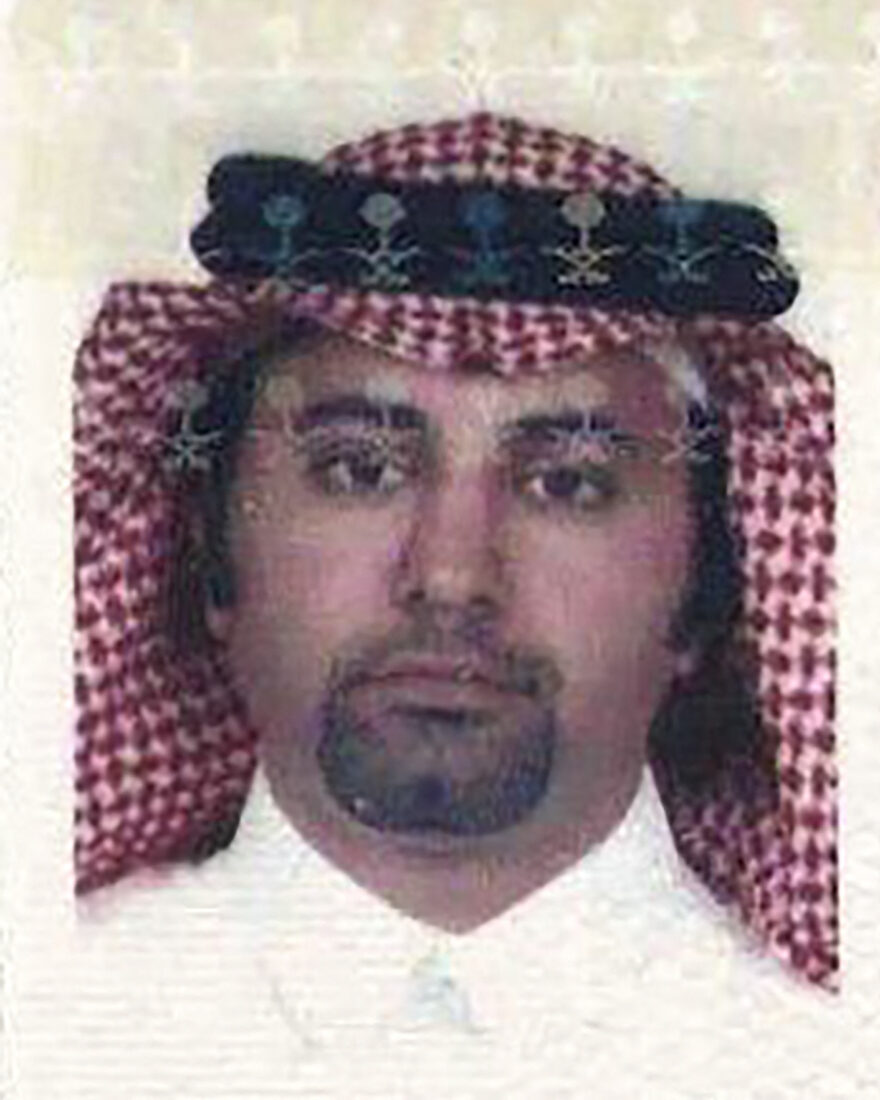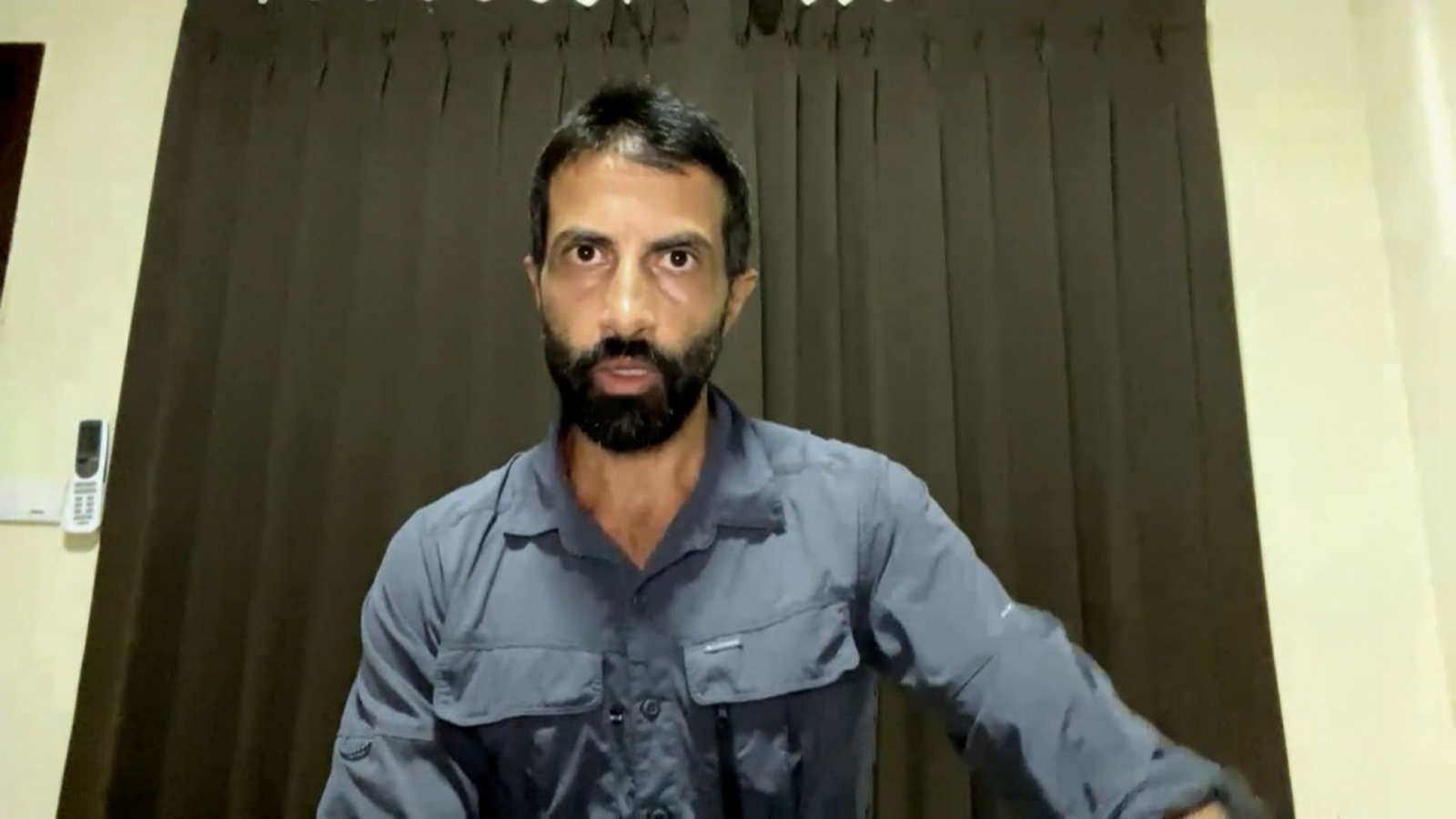Germany’s Magdeburg terrorist wasn’t alone, he’s an archetype
 Magdeburg Christmas Market feels somber in the wake of the attack
Magdeburg Christmas Market feels somber in the wake of the attack
The recent attack at a Christmas market in Magdeburg, Germany, left five people dead and 40 others seriously injured. With 200 reported injuries overall, the tragedy initially fueled speculation and debates about the attacker’s motives. While right-wing groups rushed to blame Islamist terrorism, the unfolding investigation revealed a starkly different narrative—one rooted in anti-Islamic extremism.
The perpetrator, Taleb Al Abdulmohsen, a Saudi national residing in Germany since 2006, was identified as an ex-Muslim who actively promoted Islamophobic views. He was a militant anti-Muslim atheist, an AfD supporter, and an admirer of Elon Musk.
Abdulmohsen frequently appeared on far-right media platforms, advocating for the expulsion of Muslims, opposing “illegal migration,” and even calling for the execution of former Chancellor Angela Merkel. He claimed to share the same goals as the AfD, fighting what he called “Islamization” to protect Germany.
Unpacking Anti-Islamic terrorism after Magdeburg attack
The attack itself wasn’t fully anti-Islam, as the component is indirect, but the attacker is an anti-Islam terrorist. The concept of anti-Islamic terrorism, though not widely recognized, describes individuals driven by hatred against Islam and Muslims, often targeting those they perceive as sympathetic toward them. Mustafa Akyol, a senior fellow at the Cato Institute, defines this phenomenon as acts of terror fueled by pathological animosity toward Islam.
Speaking exclusively to Türkiye Today, Akyol draws parallels to past attacks, such as the 2011 Norway massacre by Anders Breivik and the 2019 New Zealand mosque shootings, emphasizing that such acts stem from broader ideological frameworks. He advocates for addressing these ideologies through open discourse rather than censorship to expose their flaws and prevent further radicalization.
Far-right networks
The Magdeburg attacker’s background highlighted a troubling overlap between far-right ideologies and anti-Muslim sentiments. Al Abdulmohsen was a supporter of Germany’s right-wing AfD party and connected with international Islamophobic networks. These groups promote narratives of cultural conflict and Islamization, often amplifying fears to gain political traction.
According to CJ Werleman, a journalist who conducted a study years ago on media figures that exhibit the profile traits of the Magdeburg terrorist, such individuals were specifically supported and became ‘popular’ with atheists for bashing Islam in the “war on terror” era.
Akyol noted that while far-right extremism is often linked to racial superiority, this case deviates from the norm. Al Abdulmohsen’s Arab heritage demonstrated that anti-Islamic terrorism transcends race, targeting ideologies rather than ethnic identities. This ideological focus parallels patterns seen in genocidal campaigns, such as those in Bosnia and Myanmar, where religion served as a pretext for violence.
Andreas Krieg from King’s College London also argued that there is a sentiment within Arab regimes aimed at attempting to “secularize Islam,” which could potentially lead to state-driven Islamophobia.
Ironically, some use an anti-Islam bias to distance themselves from anti-Islam attackers.

Elon Musk’s ‘Taqiya’ conspiracy
The aftermath of the attack also saw conspiracy theories emerge, particularly regarding Al Abdulmohsen’s alleged connections to Saudi intelligence and Zionist groups. These theories attempt to distance far-right networks from the attacker, despite his documented support for Zionist expansionism.
Musk’s comments about “taqiya,” a concept in Islamic theology often misrepresented as deceit, faced backlash, with many arguing that the claim lacked logical foundation, as it implied that the attacker had concealed his true identity for over a decade without evidence. Critics argue that such rhetoric feeds Islamophobic narratives, further polarizing public discourse.
Role of ex-Muslim networks
Ex-Muslim organizations and figures advocate for the rights of those leaving Islam. However, critics contend that some groups amplify Islamophobic sentiments, enabling far-right ideologies.
Akyol acknowledged the legitimacy of ex-Muslim grievances, as some of them may have gone through personal trauma at the hands of Islamic regimes or groups, but calls for fairness and objectivity to have engaging channels open. By emphasizing freedom of religion, he argued, Muslims can undermine extremist narratives.
A few years ago, Ibrahim Hindy, an Imam in Mississauga, Canada, experienced an attack on his mosque by an ex-Muslim wielding bear spray and a hand axe. He argued that “the Islamophobia industry radicalizes these unstable people, as we’ve seen unfortunately,” pointing out certain individuals who, despite their evident instability, are platformed by various groups to openly fantasize about violence against Muslims.
Abdulmohsen also expressed fervent support for Israel, declaring his commitment to Israel’s expansion and the destruction of Gaza. He framed himself as part of an armed atheist opposition to Saudi Arabia, accusing the German government of persecuting him and threatening violence. Despite his extremist views, he was previously portrayed positively in the media for aiding Saudi atheists seeking asylum in Germany.

Broader implications
The Magdeburg attack revealed evolving dynamics within far-right movements. Al Abdulmohsen’s support for Zionist expansionism and European nationalism reflects shifting alliances that transcend traditional boundaries.
This is a previously documented phenomenon. As noted by Foreign Policy in 2019, the propaganda “argues that there is an inherent link between so-called political correctness and the downplaying of ideologies that lead to terrorism—an argument often embraced by Western conservatives to legitimize their own views.”
The Magdeburg terrorist called prominent Dutch politician Geert Wilders “a true hero.” Geert Wilders tweeted after the attack “They hate us. They despise our values,” ironically.
A few days ago published, “The European Islamophobia Report 2023” examined anti-Muslim sentiment across 28 European countries, revealing that the war on the besieged Palestinian enclave has served as a “geopolitical trigger” for a surge in anti-Muslim racism in Europe as well.
Looking ahead
The Magdeburg attack underscored the dangers of rising anti-Islamic terrorism and the ideological networks that fuel it.
The fact that those who share the same views as the attacker attempt to distance themselves from the terrorist responsible and instead use his identity to further their agenda highlights a troubling detachment from the reality of the situation.
While parties like the AfD are attempting to capitalize on the attack to gain support, how the German public responds will be critical—it will signal whether the country’s stance against hate and extremism will shift moving forward.



